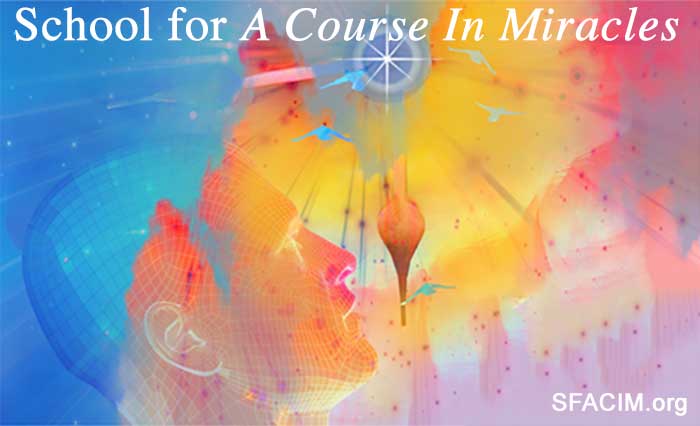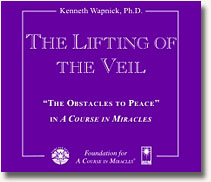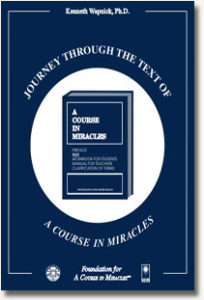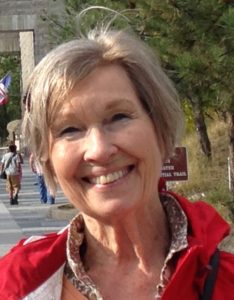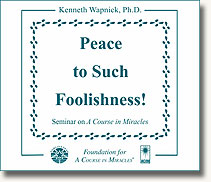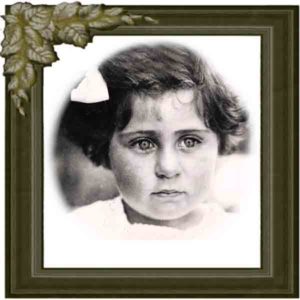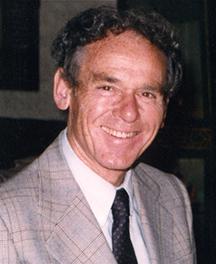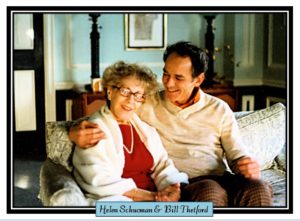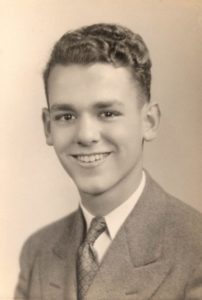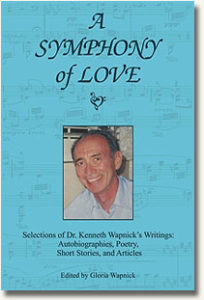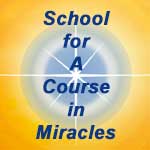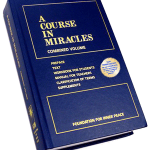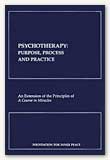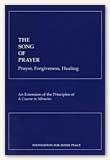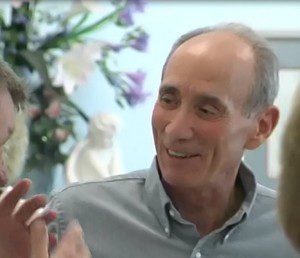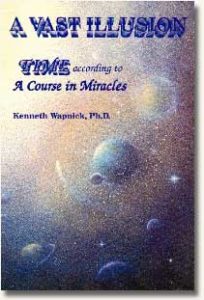A Forgiveness Refresher:
The Functional Solution to
The Belief in Virus, Disaster & Death in Our Mind
(click arrow below for replay of podcast)

Forgiveness: The Antidote for All Belief in Sickness
Tim uses Lessons #61-66 to describe how we use forgiveness to save the world from our own judgment & condemnation.
A Course in Miracles points out over and over how all sickness and disease and death in the world is simply a reflection of our own internal belief in separation from God. (It takes about two minutes into the recording to get past the background noise.)
“The Real Virus:”

In this post we have replaced the word “problem” in Lesson 79 with the specific problem/issue of “sickness,” to present how the Course approaches all sickness in the world (including the coronavirus) as a reflection of the one and only perceived sickness in our mind: our belief in separation from Our Father in Heaven.
————————————–
“A Course in Miracles” Workbook Lesson 79 (p.141):
“Let me recognize the sickness (of belief in separation in my mind) so it can be healed.”
A sickness cannot be healed if you do not know what it is. Even if it is really healed already you will still have the (original and only) sickness, because you will not recognize that it has been healed. This is the situation of the world. The sickness of (belief in) separation, which is really the only sickness, has already been healed. Yet the healing is not recognized because the sickness is not recognized.
Everyone in this world seems to have his own special form of illness(es). Yet they are all the same, and must be recognized as one if the one solution that heals them all is to be accepted. Who can see that a sickness has been healed if he thinks the sickness is something else? Even if he is given the answer, he cannot see its relevance.

That is the position in which you find yourself now. You have the answer, but you are still uncertain about what the (real) sickness is. A long series of different sicknesses seem to confront you, and as one is settled the next one and the next arise. There seems to be no end to them. There is no time in which you feel completely free of some kind of illness and at peace.
The temptation to regard sicknesses as many is the temptation to keep the sickness of separation unsolved. The world seems to present you with a vast number of illnesses, each requiring a different answer. This perception places you in a position in which your healing of sickness must be inadequate, and failure is inevitable. (Just believing we are a body, healthy or not, is sick, projected from the unhealthy but made-up belief in our mind that we are separated from Our Father in Heaven.)
No one could solve all the sickness the world appears to hold. They seem to be on so many levels, in such varying forms and with such varied content, that they confront you with an impossible situation. Dismay and depression are inevitable as you regard them. Some spring up unexpectedly, just as you think you have resolved the previous ones. Others remain unsolved under a cloud of denial, and rise to haunt you from time to time, only to be hidden again but still unsolved.

All this complexity is but a desperate attempt not to recognize the (real and only) sickness (believing we are separate minds, projected onto separate bodies, healthy or not), and therefore not to let it be resolved. If you could recognize that your only sickness is separation (in the mind), no matter what form it takes (as healthy bodies or sick bodies), you could accept the answer because you would see its relevance. Perceiving the underlying constancy in all the sicknesses that seem to confront you, you would understand that you have the means to solve them all. And you would use the means, because you recognize the problem.
In our longer practice periods today we will ask what the (real) sickness is, and what is the answer to it. We will not assume that we already know. We will try to free our minds of all the many different kinds of ’sick’ we think we have. We will try to realize that we have only one sickness, which we have failed to recognize. We will ask what it is, and wait for the answer. We will be told. Then we will ask for the solution to it. And we will be told.
The exercises for today will be successful to the extent to which you do not insist on defining the sickness. Perhaps you will not succeed in letting all your preconceived notions go, but that is not necessary. All that is necessary is to entertain some doubt about the reality of your version of what your sicknesses are. You are trying to recognize that you have been given the answer by recognizing the problem (in the mind), so that the problem and the answer (the Holy Spirit tells us the our belief in separation is silly) can be brought together and you can be at peace.
The shorter practice periods for today will not be set by time, but by need. You will see many forms of sickness today, each one calling for an answer. Our efforts will be directed toward recognizing that there is only one sickness (belief in the ego) and one healing (The Holy Spirit). In this recognition are all sicknesses resolved. In this recognition there is peace.

Be not deceived by the form of sickness today. Whenever any forms of sickness seem to rise, tell yourself quickly:
Let me recognize the only sickness is in my mind so it can be healed.
Then try to suspend all judgment about what sickness is. If possible, close your eyes for a moment and ask what it is. You will be heard and you will be answered.
Video replay on dealing with CORONAVIRUS & OTHER DISASTERS…
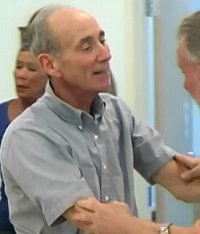
For a two disc CD seminar or MP3 download
on sickness & healing,
see Ken Wapnick’s
“The Kindness of Healing”…
![The Kindness of Healing [CD]](https://cdn.shopify.com/s/files/1/2062/0643/products/54-front_cover_CD_150x150.jpg?v=1509746995)
